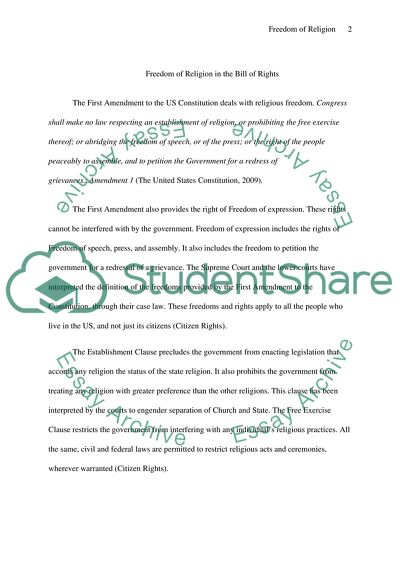Cite this document
(“Freedom of Religion in the Bill of Rights Research Paper”, n.d.)
Freedom of Religion in the Bill of Rights Research Paper. Retrieved from https://studentshare.org/law/1559795-please-see-the-remarks-in-the-orde-description-or-contact-me-directly-thank-you-in-advance
Freedom of Religion in the Bill of Rights Research Paper. Retrieved from https://studentshare.org/law/1559795-please-see-the-remarks-in-the-orde-description-or-contact-me-directly-thank-you-in-advance
(Freedom of Religion in the Bill of Rights Research Paper)
Freedom of Religion in the Bill of Rights Research Paper. https://studentshare.org/law/1559795-please-see-the-remarks-in-the-orde-description-or-contact-me-directly-thank-you-in-advance.
Freedom of Religion in the Bill of Rights Research Paper. https://studentshare.org/law/1559795-please-see-the-remarks-in-the-orde-description-or-contact-me-directly-thank-you-in-advance.
“Freedom of Religion in the Bill of Rights Research Paper”, n.d. https://studentshare.org/law/1559795-please-see-the-remarks-in-the-orde-description-or-contact-me-directly-thank-you-in-advance.


